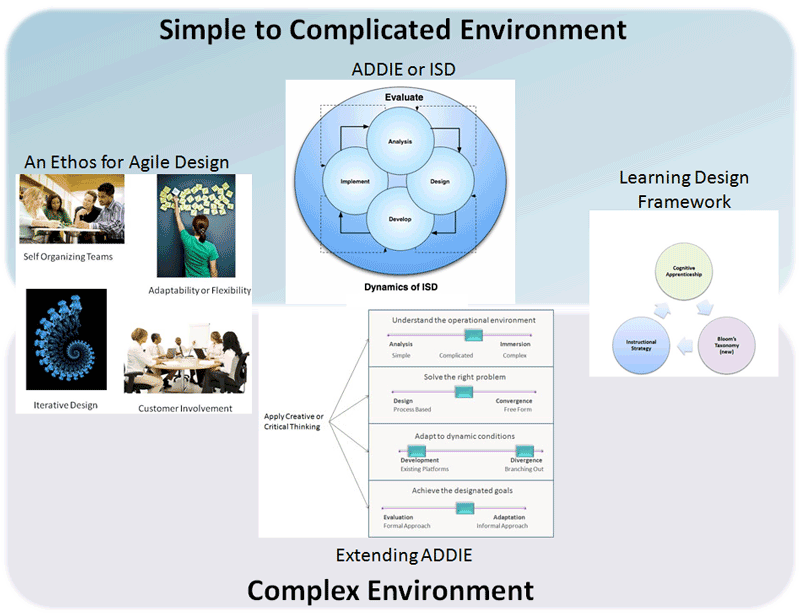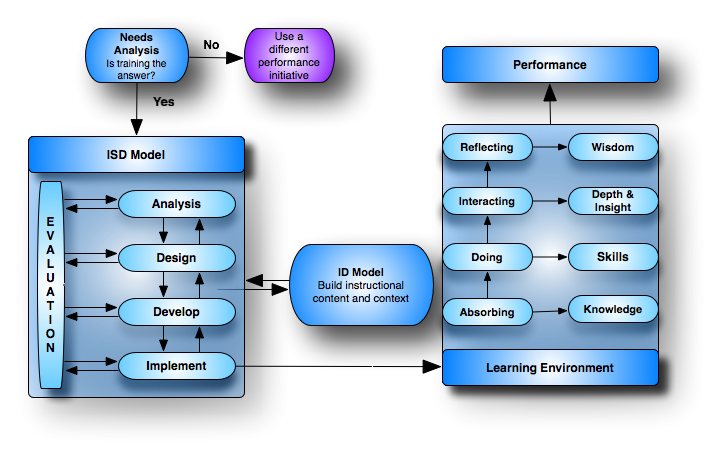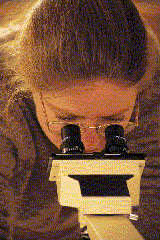Discovery Learning
Hiero II requested that Archimedes find a method for determining whether a crown was pure gold or alloyed with silver. When he stepped into a bath he realized that a given weight of gold would displace less water than an equal weight of silver (which is less dense than gold); at this point he shouted, “EUREKA” (I have found it!). Discovery learning is based on this “Aha!” method.
Discovery Learning is an inquiry-based learning method. The concept of discovery learning has appeared numerous times throughout history as a part of the educational philosophy of many great philosophers particularly Rousseau, Pestalozzi and Dewey. “There is an intimate and necessary relation between the processes of actual experience and education” wrote Dewey. It also enjoys the support of learning theorists and psychologists, such as Piaget, Bruner, and Papert. It has enjoyed a few positive swings of the educational-trend pendulum in American education, but it has never received overwhelming acceptance.
You can't teach people everything they need to know. The best you can do is position them where they can find what they need to know when they need to know it. - Seymour Papert
Discovery learning takes place most notably in problem solving situations where the learner draws on his own experience and prior knowledge to discover the truths that are to be learned. It is a personal, internal, constructivist learning environment. Bruner wrote, “Emphasis on discovery in learning has precisely the effect on the learner of leading him to be a constructionist, to organize what he is encountering in a manner not only designed to discover regularity and relatedness, but also to avoid the kind of information drift that fails to keep account of the uses to which information might have to be put.”



